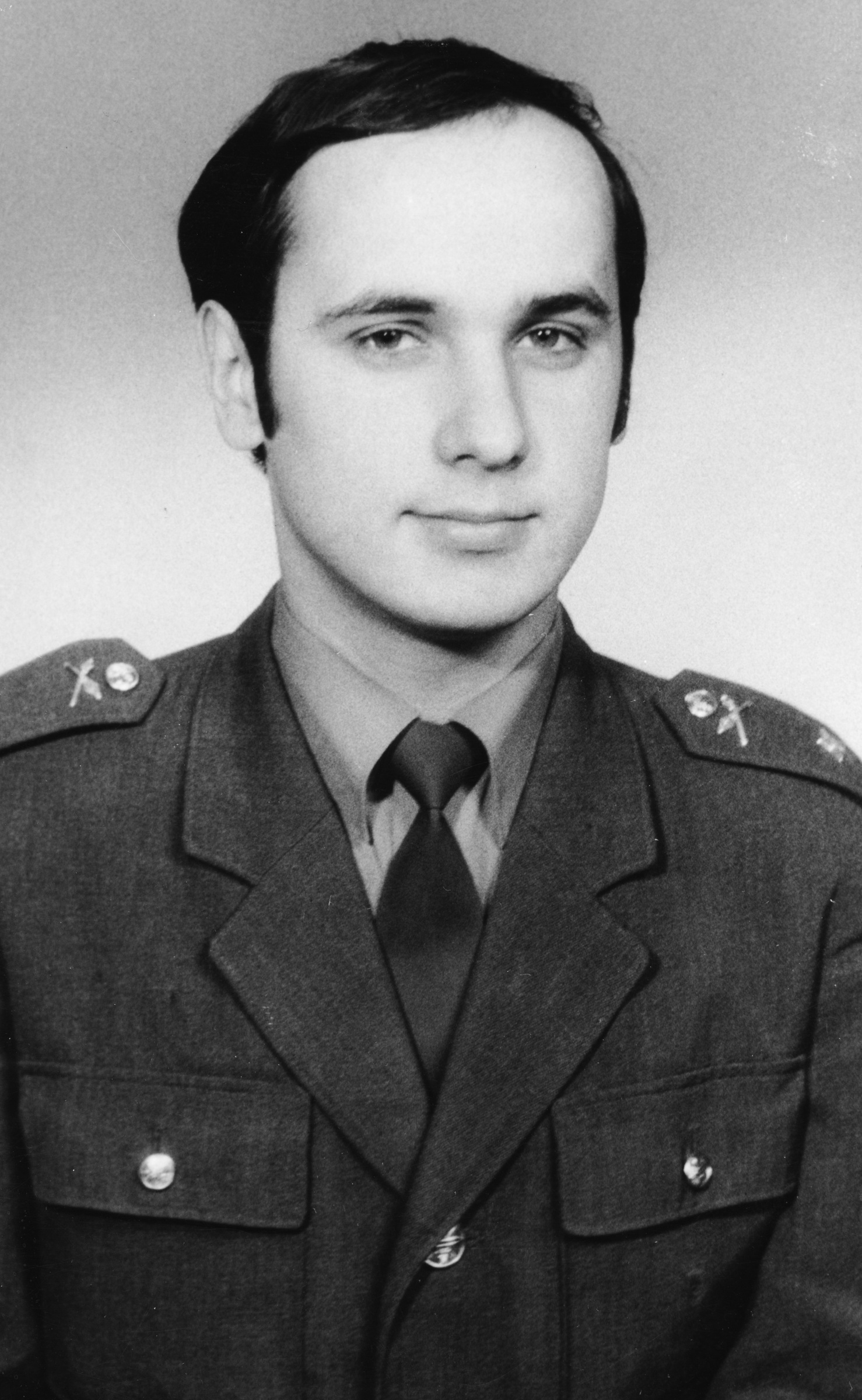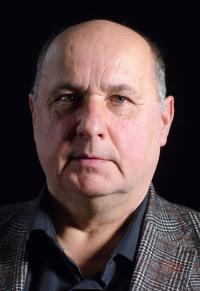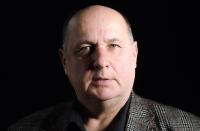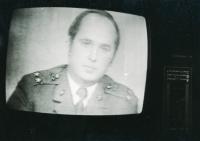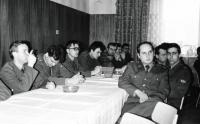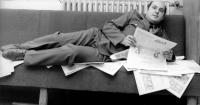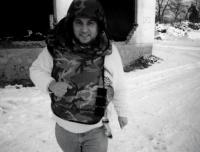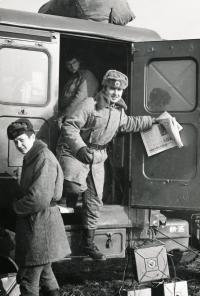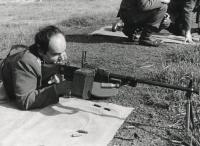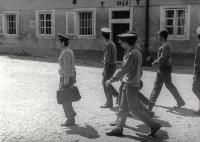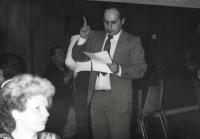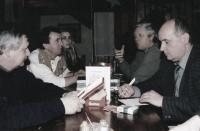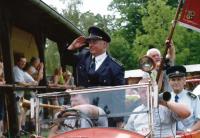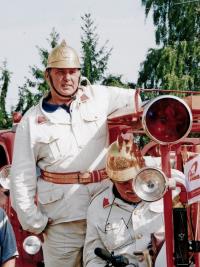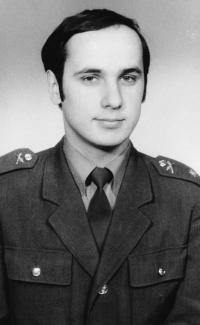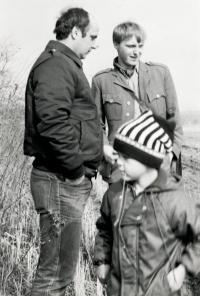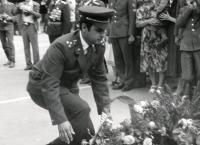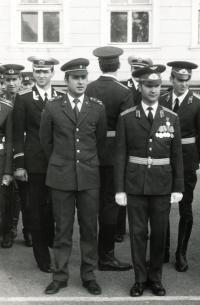I haven‘t lackeyed the regime; I have served it
Josef Nitra was born on 27 August 1956 in Frýdek. He attended a vocational school in Nové Mesto nad Váhom. Following graduation in 1975 he became a professional soldier, settled in Nové Mesto and was appointed deputy chair of the vocational school of communications. At the turn of the 1970s he underwent university studies in Lviv, Ukraine. In 1985 he was appointed inspector of cultural-educational activities. His job was to organize cultural activities for soldiers of all army units located west of the Vltava river. Ever since the early-1980s he had published in the Sokol and Obrana lidu magazines. In 1986 he became a member of Obrana lidu‘s editorial board. Prior to the revolution he had studied journalism at Charles University. He left the army in 1993, shortly working in Magnet-Press company and then serving for two years (1993-1995) as an advisor to the minister of defense for Eastern Europe, post-Soviet states and Italy. To this day he is active as a journalist and a publicist, focusing mainly on fire-fighting topics. He has written books Fire and the People in the Czech Lands before 1895 (published 2010), Fireman in Theater (2011), Against All Elements (2011), Fireman and Chimneys (2013) or Firemen‘s Read (2015).
